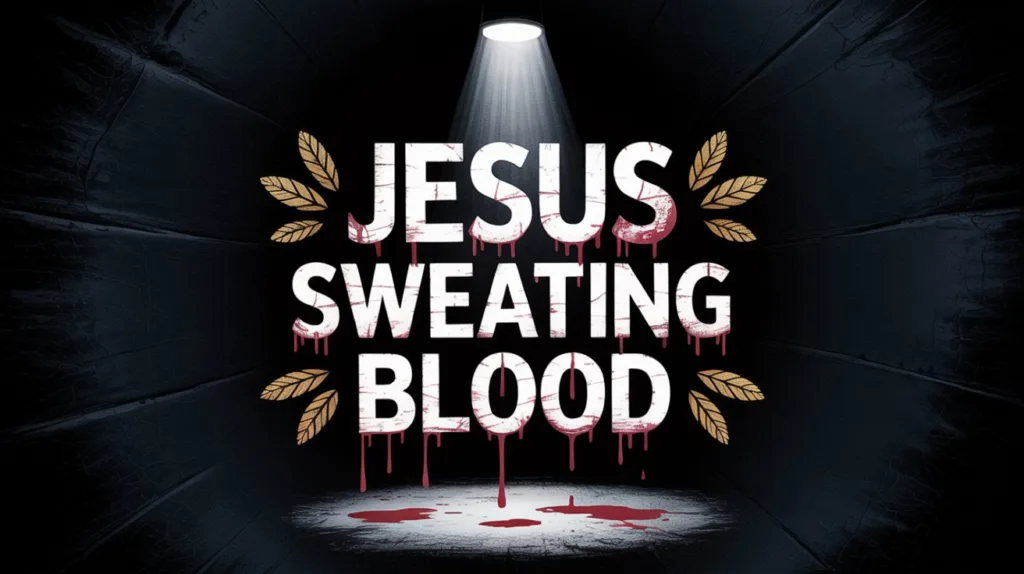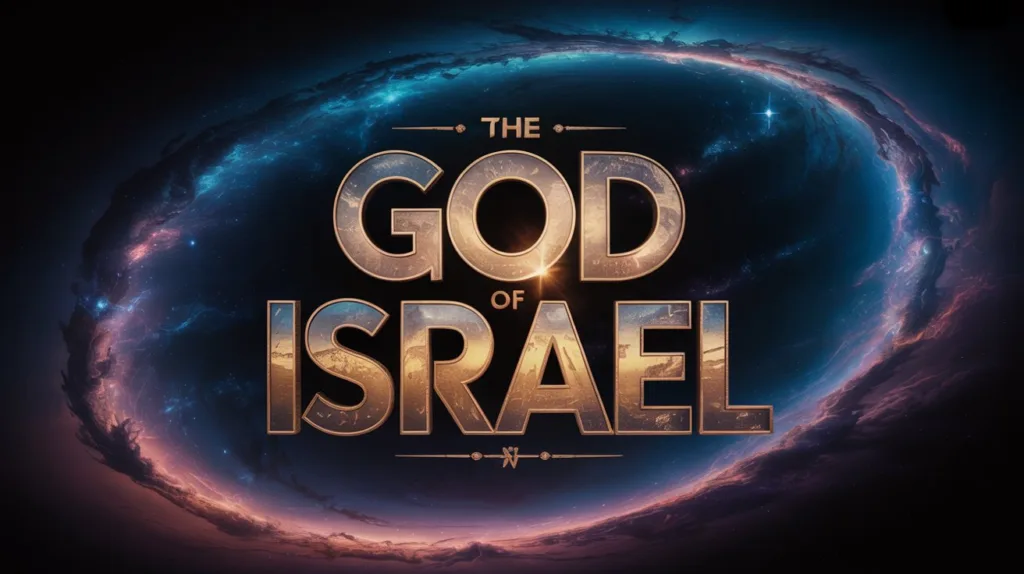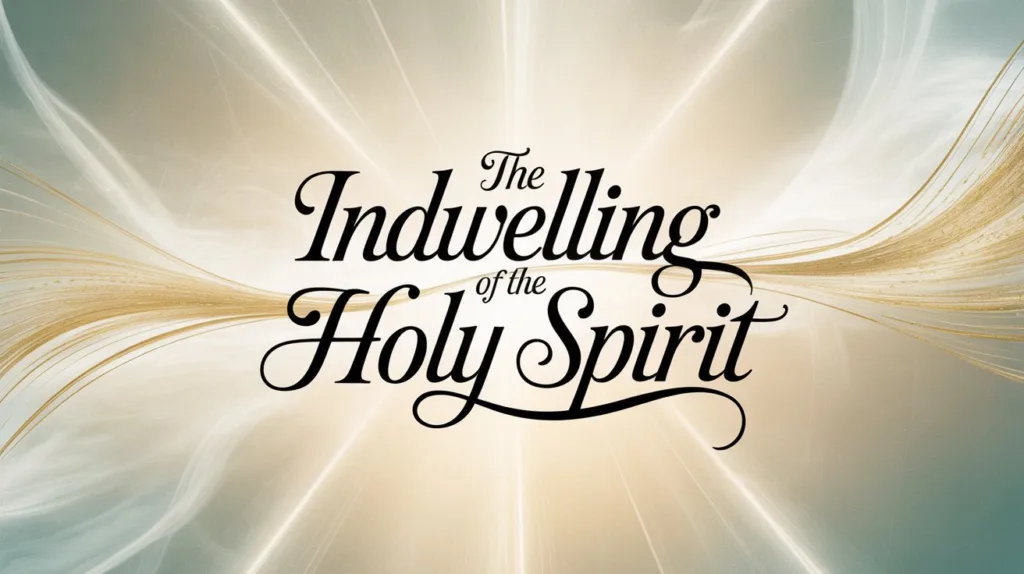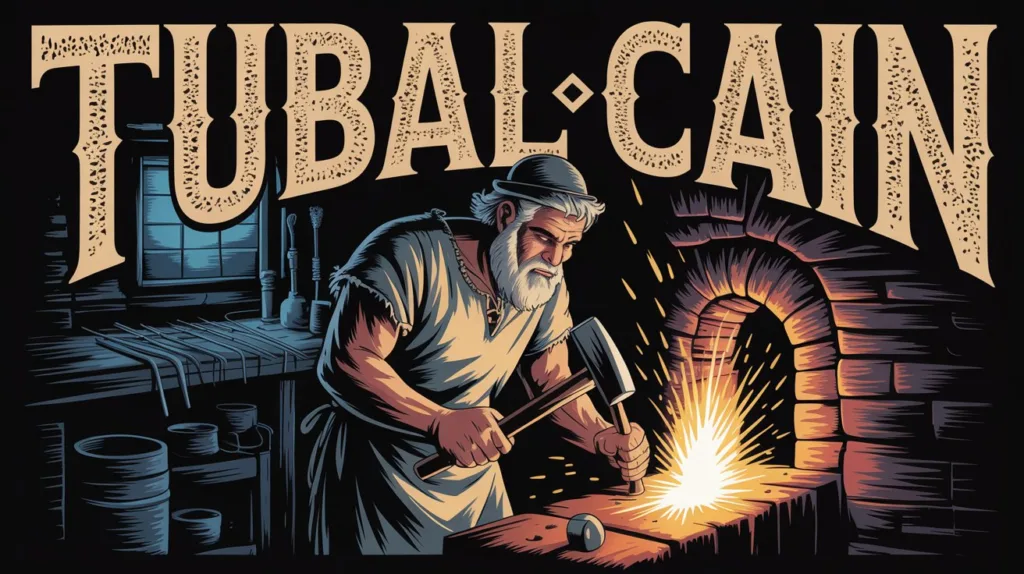A Complete Examination on Bel and the Dragon and Susanna
The stories of Susanna (Daniel 13) and Bel and the Dragon (Daniel 14) appear in the Septuagint but are absent from the Hebrew Masoretic Text and all ancient Hebrew or Aramaic manuscripts. These narratives, while morally edifying, display characteristics...










